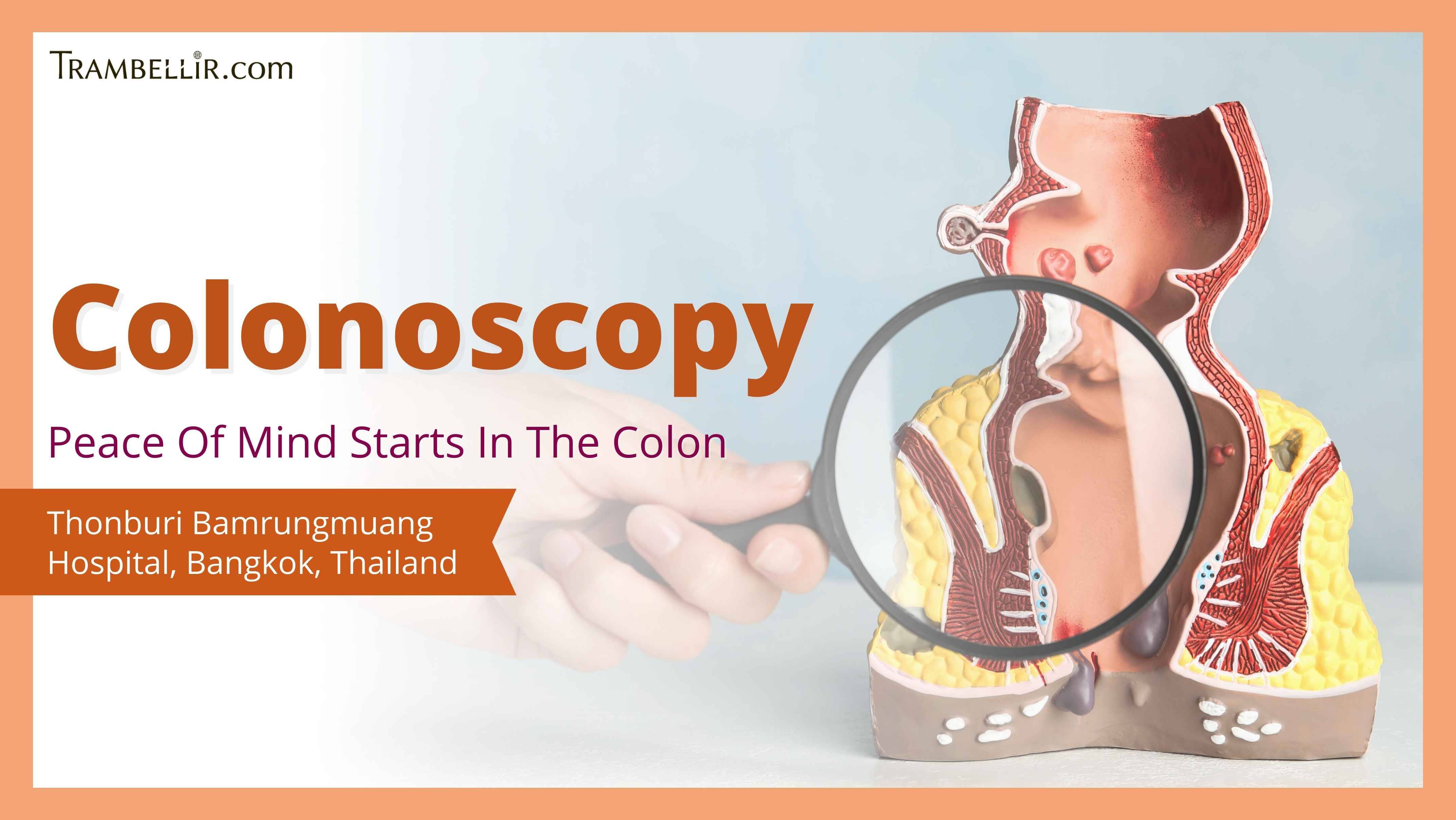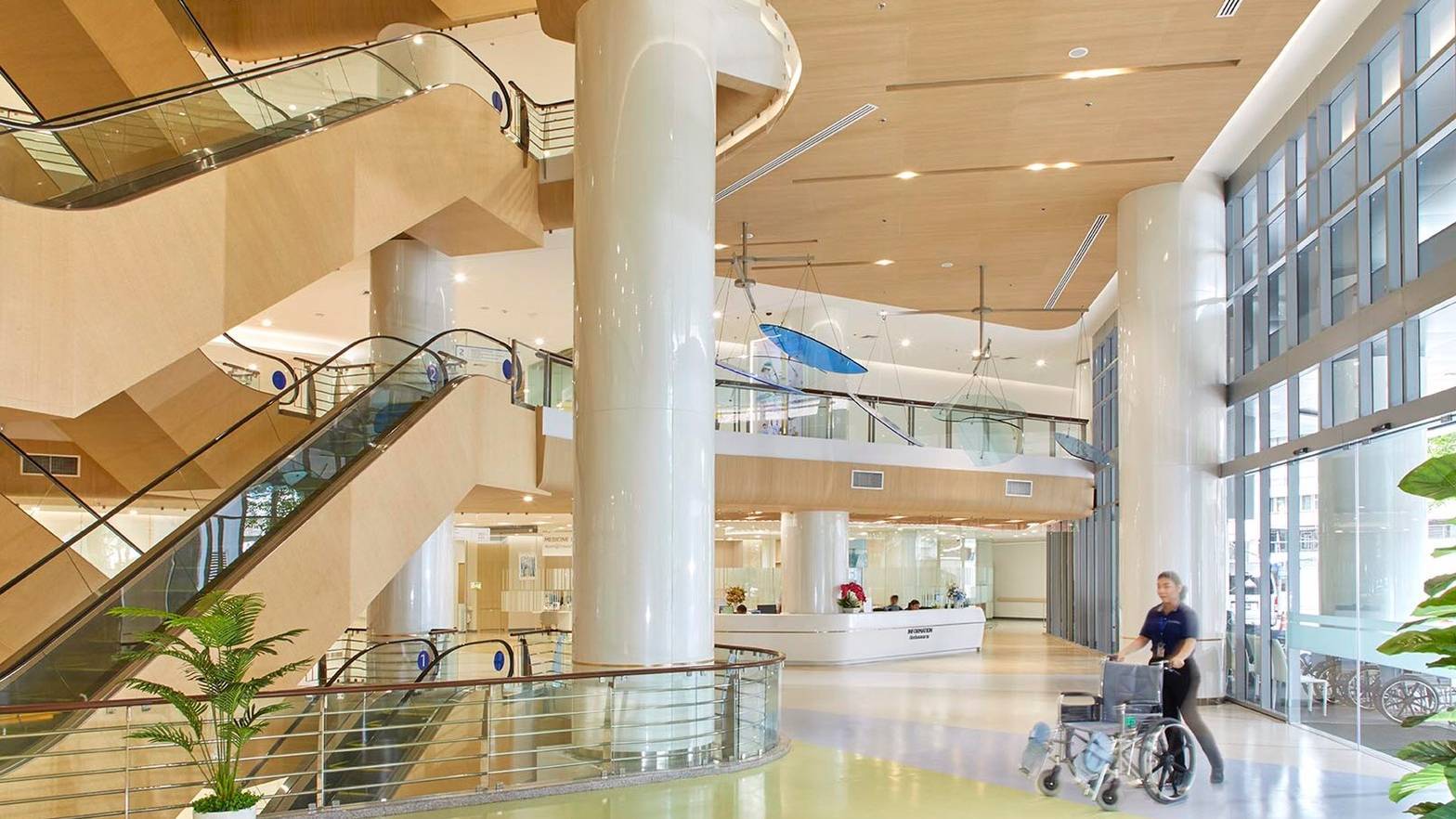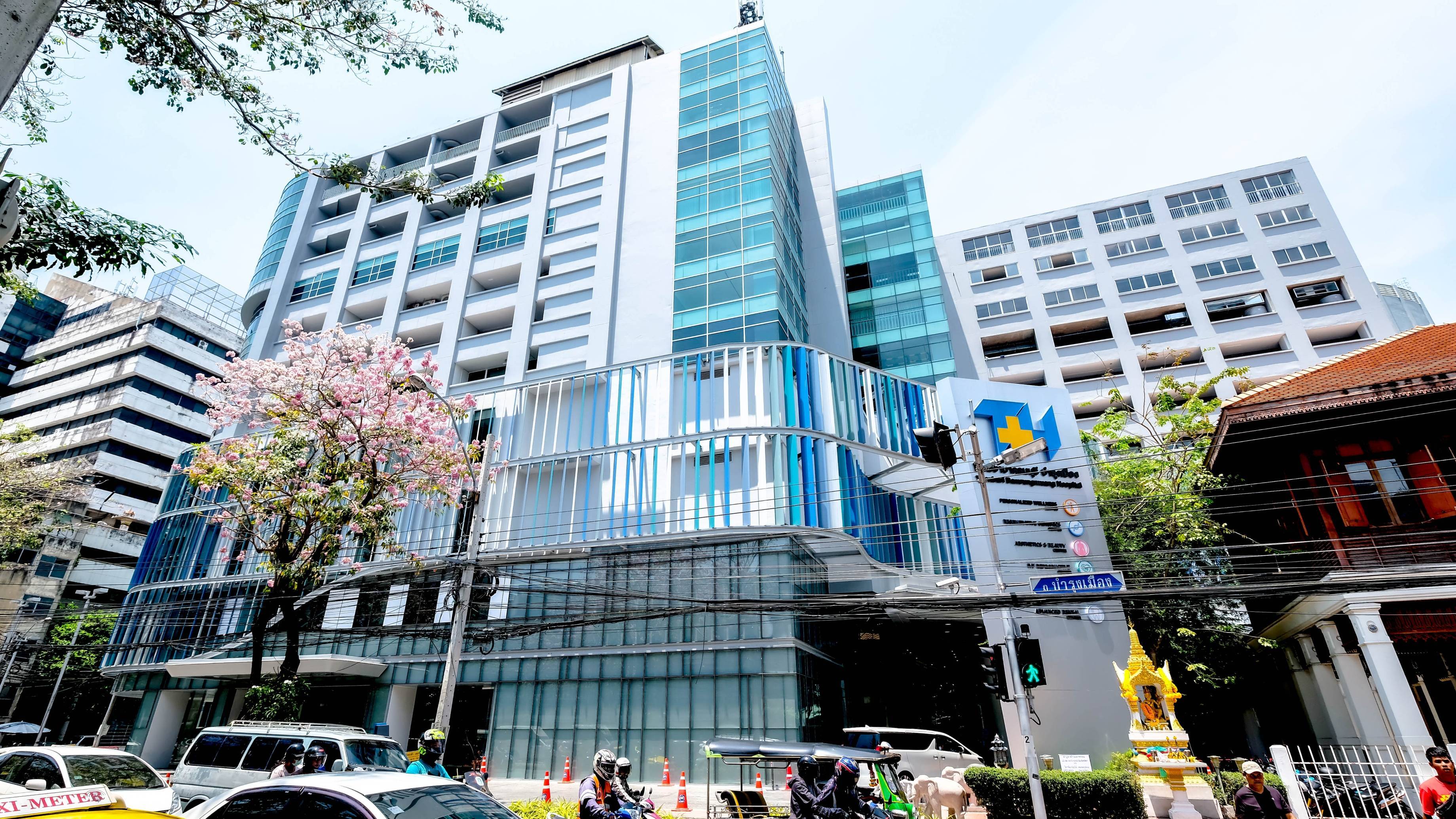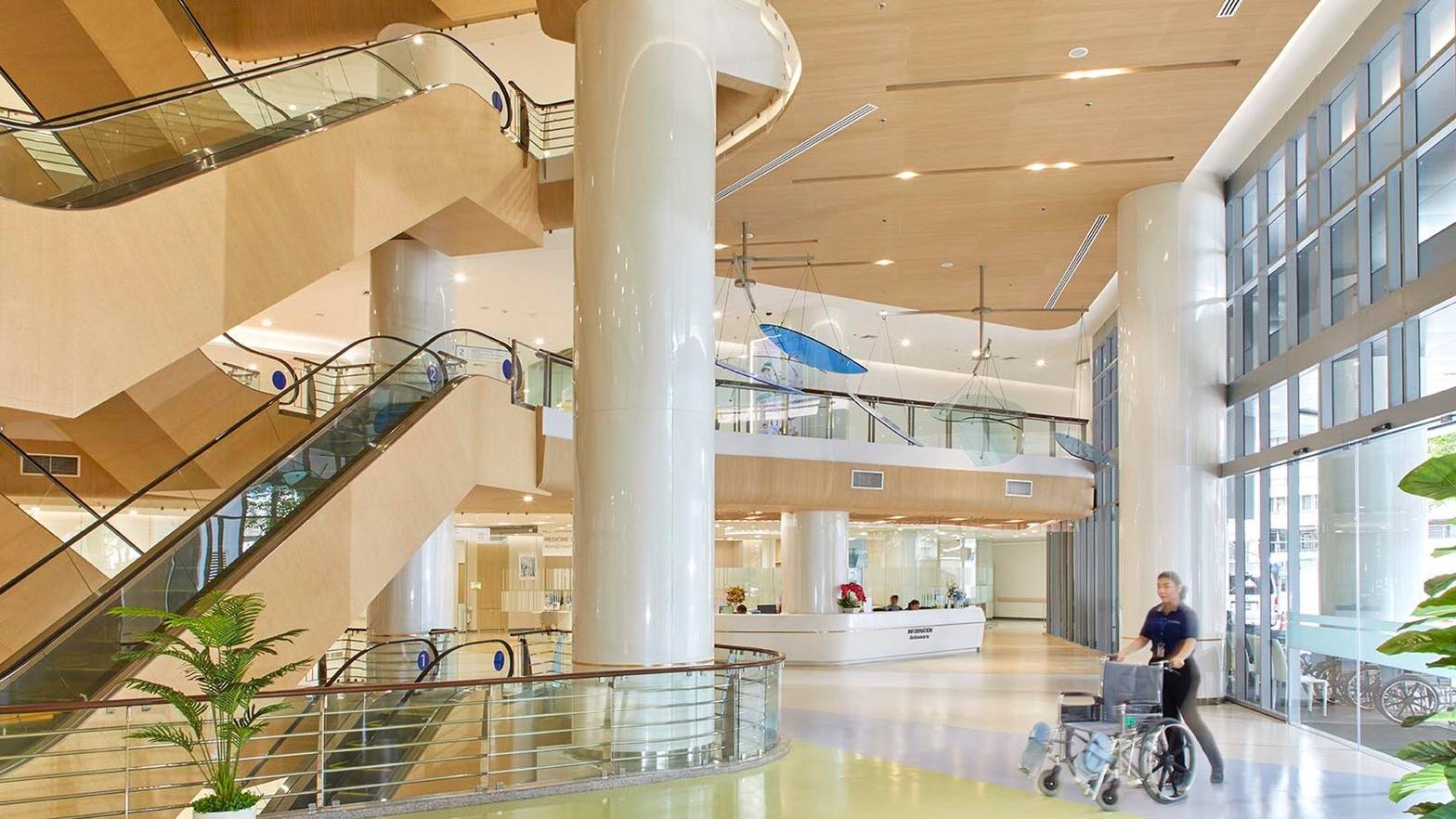It Is Suitable For
· Those in Bangkok looking to screen for colorectal cancer.
· Those who want to investigate digestive symptoms.
· Those who want to detect and remove polyps.
· Those who wish to monitor existing digestive conditions.
· Those who wish to get a more accurate diagnosis.
What Is Colonoscopy?
Colonoscopy is a medical procedure that examines the inside of your large intestine (colon) using a long, flexible tube called a colonoscope. The device has a tiny camera and light at its tip, allowing the doctor at our affiliated hospital to view the colon lining in real time on a monitor. It is commonly used for colorectal cancer screening, detecting polyps, investigating symptoms like bleeding or pain, and diagnosing bowel conditions. If needed, small tools can be passed through the scope to collect tissue samples (biopsies) or remove abnormal growths during the same procedure.
How It Works
Colonoscopy relies on a medical instrument called a colonoscope, which is a flexible tube with a built-in camera and light source. The scope is inserted through the anus and carefully guided through the rectum into the colon. As it moves through the bowel, it transmits real-time video images to a monitor, giving the doctor a clear view of the intestinal lining.
To enhance visibility, air or carbon dioxide is introduced to gently inflate the colon, helping the doctor at our affiliated hospital to examine the walls more thoroughly. If suspicious areas are found, tools can be passed through the scope to remove polyps or take biopsies for further testing. The procedure typically lasts 15 to 60 minutes and is done under sedation, ensuring the patient is relaxed and comfortable.
Colonoscopy Procedure
1. Consultation will be conducted and medical history will be reviewed.
2. Bowel preparation instructions will be given.
3. IV sedation will be administered.
4. The colonoscope will be gently inserted.
5. Biopsies will be taken or polyps removed if necessary.
6. Post-care instructions and further recommendations will be provided.
Advantages and Limitations of Colonoscopy
<Advantages>
· Detects early signs of colorectal cancer
· Allows removal of polyps
· Provides accurate diagnosis
· Monitors chronic conditions
· Quick procedure
<Limitations>
· Requires bowel prep, which can be uncomfortable
Colonoscopy Preparation
· Fasting is required for at least 8 hours prior to the procedure
· Strict diet shall be followed as instructed
FAQ
Q1: Is Colonoscopy a painful process?
A1: Colonoscopy is usually not painful. You may feel some mild cramping or bloating afterward, but most people find the experience comfortable and manageable.
Q2: What diseases can be detected by Colonoscopy?
A2: Colonoscopy can detect colorectal cancer, polyps, inflammatory bowel disease (IBD) such as Crohn’s disease or ulcerative colitis, diverticulosis, and sources of rectal bleeding or chronic diarrhea.
Q3: How long will Colonoscopy take?
A3: The procedure typically lasts between 15 to 60 minutes, depending on what is found and whether biopsies or polyp removals are needed.
Q4: Can I eat after Colonoscopy?
A4: Yes, you can usually eat after the procedure once you are fully awake.
Q5: How many polyps are normal in Colonoscopy?
A5: It is not unusual to find one or more polyps, especially in adults over 50. The number varies from person to person.
Clinic Information
[Clinic Name] Thonburi Bamrungmuang Hospital
[Location] Bangkok, Thailand
[Nearest Station/ Nearest Tourist Destination] A 10 mins drive from Hua Lamphong MRT station; 5 mins drive from National Stadium BTS station
[Clinic Opening Time] 24 hrs
Terms of Service
Trambellir is a health tourism platform and does not in any way provide, promote, or sell any
medication or medical treatment to the Customers.
Customers are advised to contact the healthcare providers directly for any enquiries related to
medical treatments.








